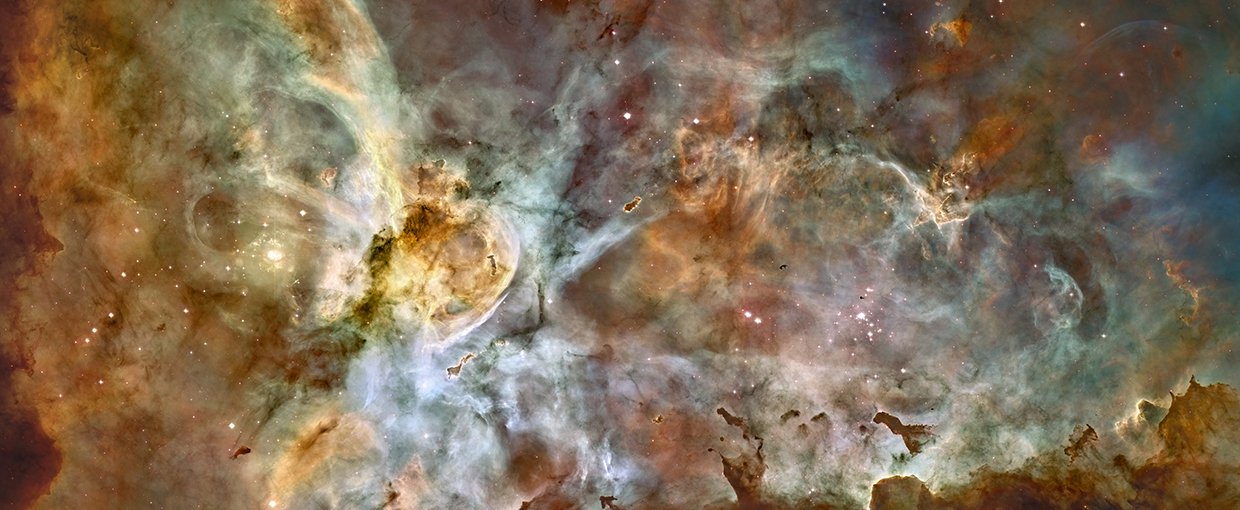
Scientists have revealed details about the star WISE J0808-6443, which was recently identified as a new M dwarf debris disc system. Optical spectra were used to re-asses the star’s status as a candidate member of the 45 million-year-old Carina stellar association. The work indicates that WISE J0808−6443 could be one of the oldest known accreting M-type stars.
Results of the study provide information on the upper limit of the lifetimes of gas-rich discs, and indicate that formation and evolution of protoplanetary systems around the lowest mass stars may take place over longer timescales that previously thought. It is also possible that short-lived discs could be ‘re-generated’ but yet unknown mechanisms in later stages of the host star’s evolution.
The paper, “WISE J080822.18−644357.3 – a 45 Myr-old accreting M dwarf hosting a primordial disc,” was published in the Monthly Notices of the Royal Astronomical Society. The work was supported by the Nexus for Exoplanet System Science (NExSS). NExSS is a NASA research coordination network supported by the NASA Astrobiology Program. This program element is shared between NASA’s Planetary Science Division (PSD) and the Astrophysics Division.
